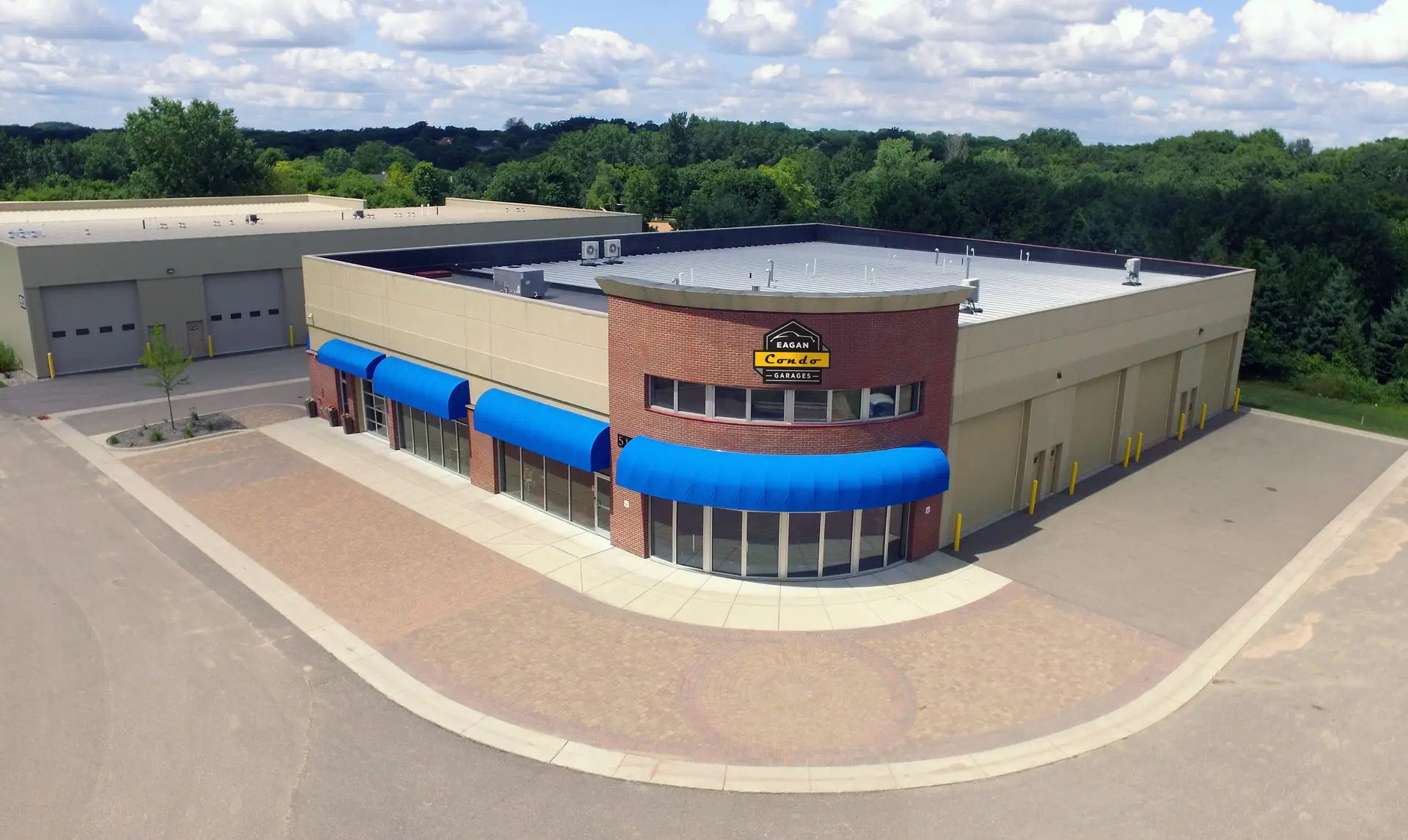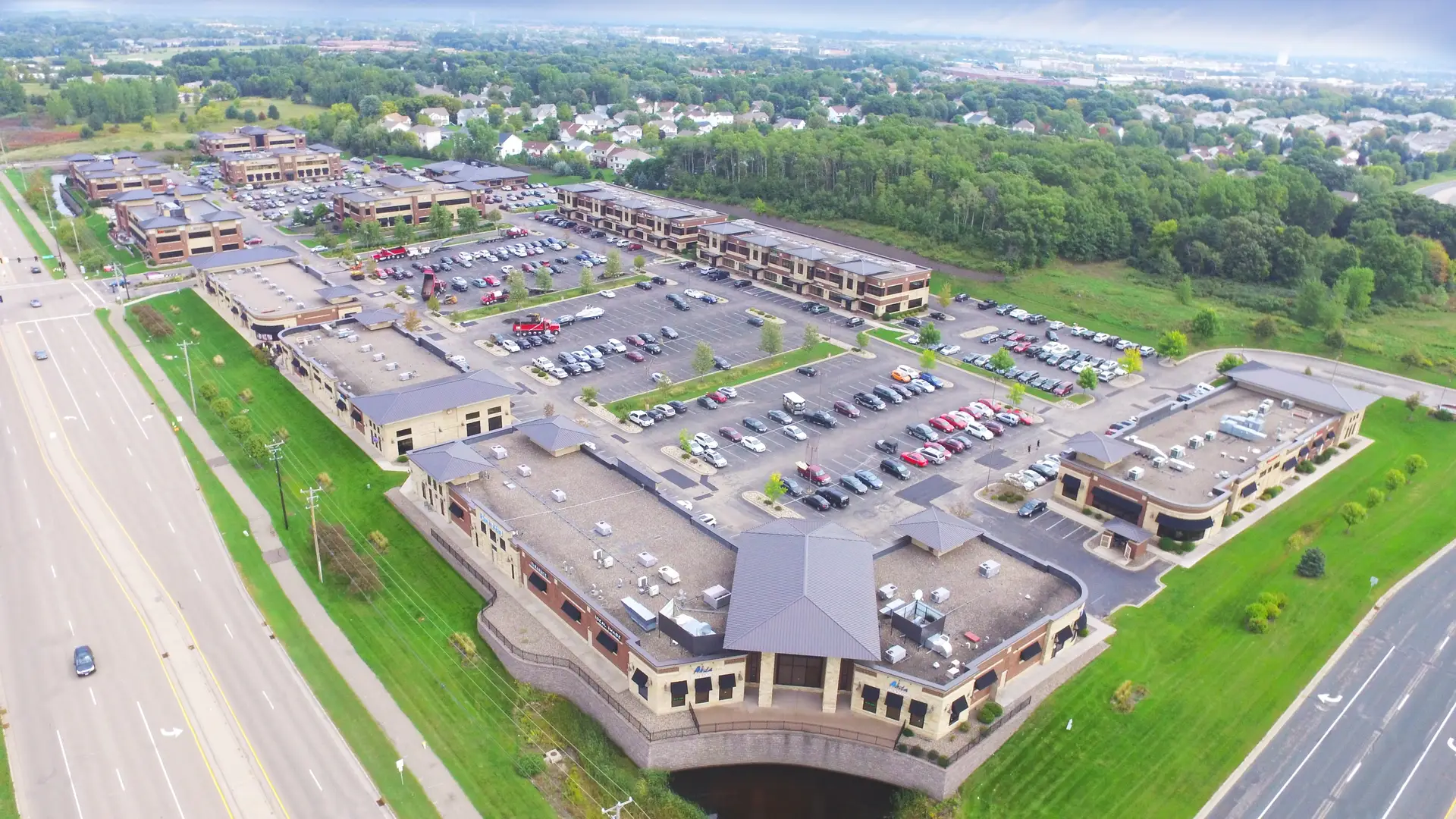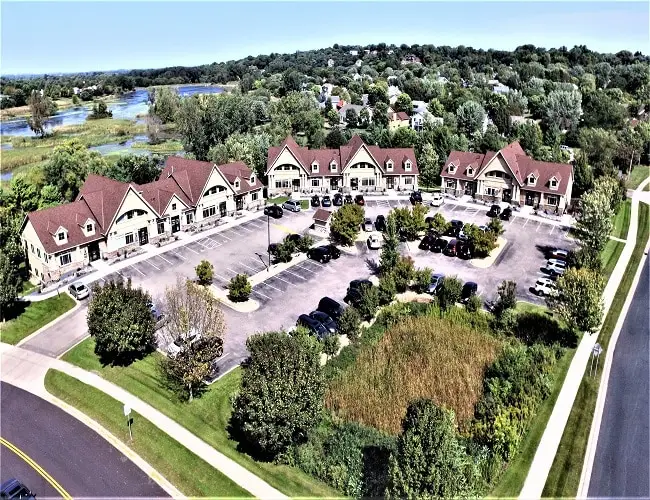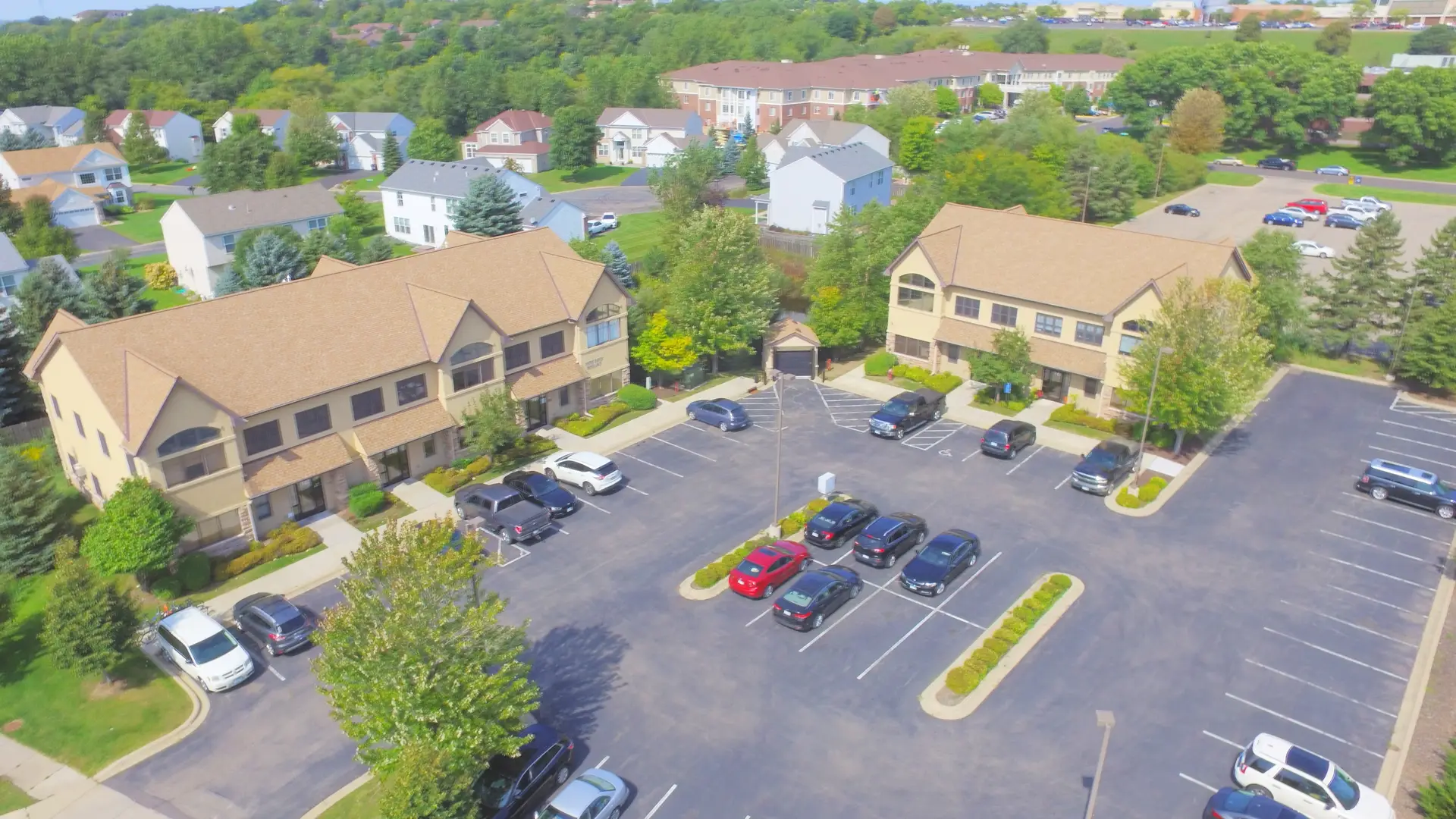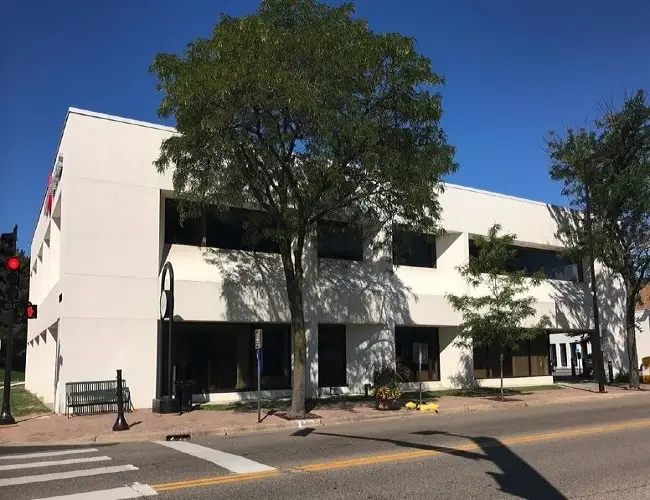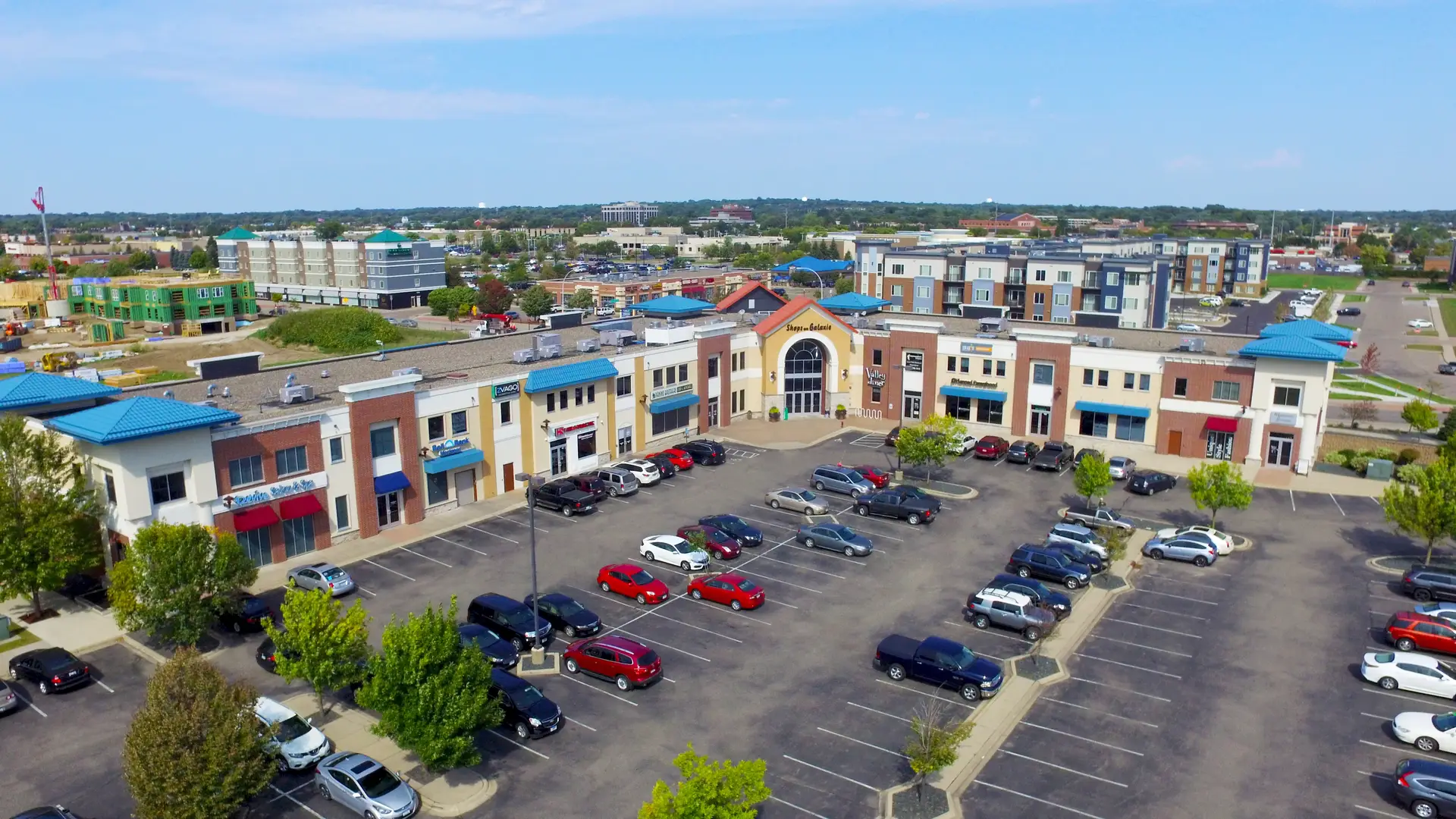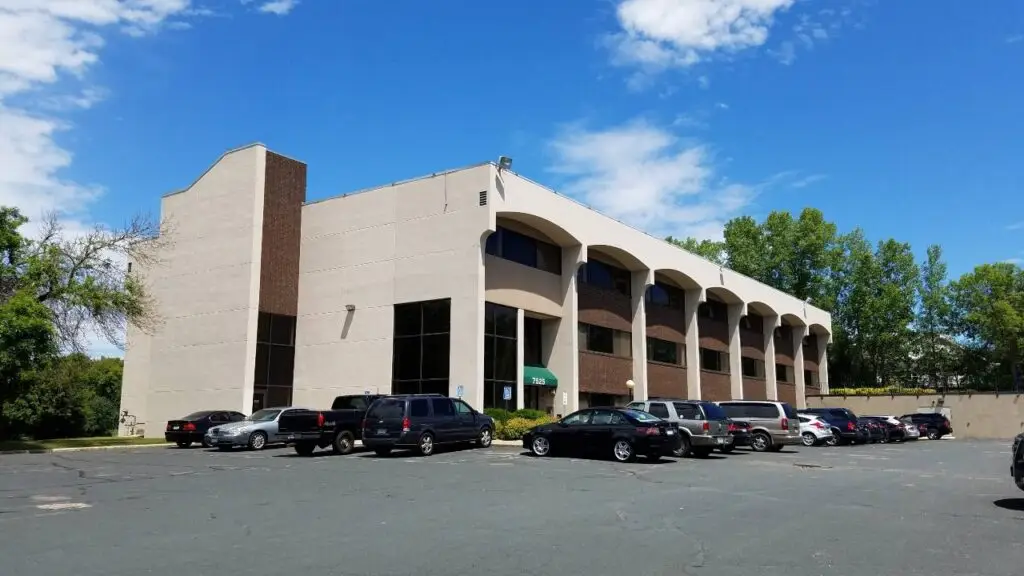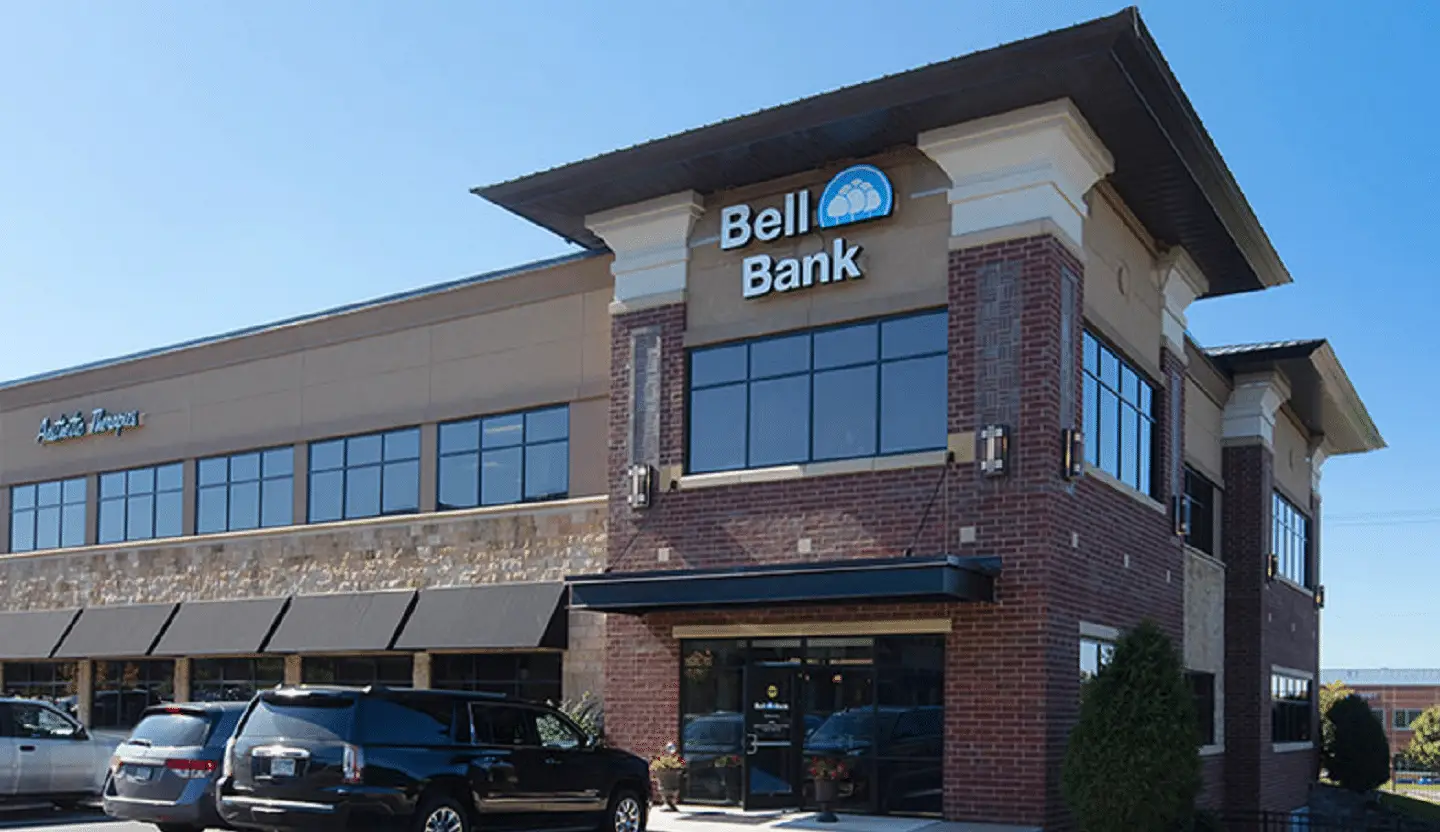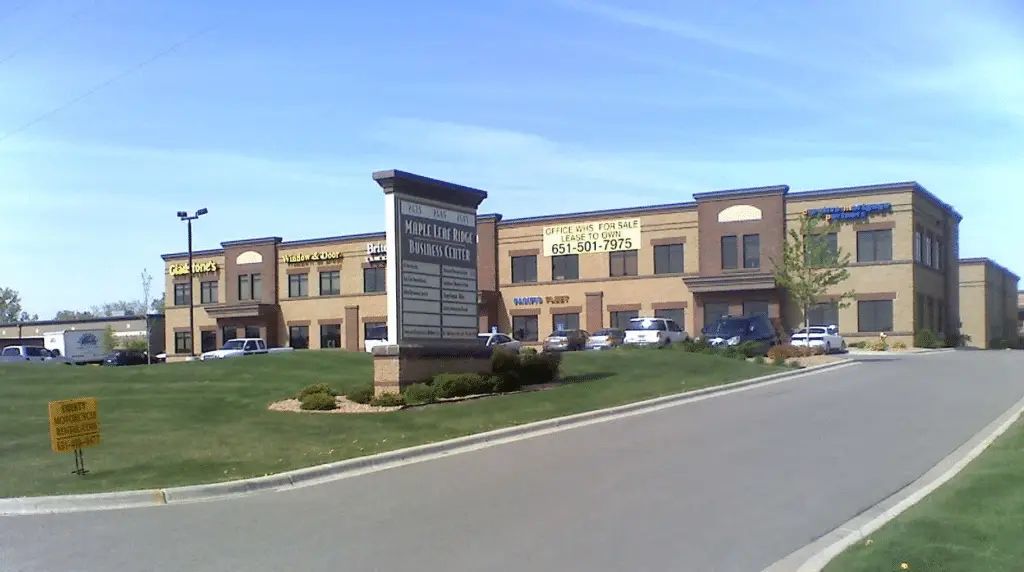10 Sustainability Practices in Commercial Property Management
When you can save money managing your property, it’s a win. When you can save money and keep your tenants happy, it’s a win-win. And when you can also help the environment, it’s a no-brainer.
If you implement one or more of these sustainability practices for your commercial property portfolio, you can save money and the planet while improving tenant satisfaction. When tenants are satisfied, they are more likely to renew their leases. Plus, sustainability practices can be a big draw for environmentally minded new tenants.
1. Energy Efficiency Upgrades
Many commercial property owners start with energy efficiency upgrades when they implement sustainability practices. An energy-efficient upgrade can be as simple as gradually replacing your lighting with LED bulbs or installing programmable thermostats in your tenant suites. Or, you might choose to upgrade to a high-efficiency HVAC system or install Energy Star appliances.
Investments in more energy efficient fixtures can dramatically reduce your energy use and save you money on your utility bills. Depending on the credits and rebates available, you may be able to save on your tax bill, too. Plus, your community or state and federal government may have money available to offset the cost of installation. Clarity Commercial can help you decide which energy efficiency upgrades are the best choice for your property.
2. Water Conservation Fixtures
Your property’s water bill can be a major expense every month, especially if you have water-hungry tenants. Water-saving fixtures such as low-flow toilets, faucets, and irrigation systems can help you conserve water wherever possible. If water conservation is something you’re particularly passionate about, consider investing in a water recycling system that reuses water from your faucets and other fixtures to irrigate your landscaping.
3. Waste Reduction and Recycling
One easy way to improve sustainability at your properties to enroll in and encourage your tenants to participate in your community’s recycling and composting programs. Install recycling and composting bins in your facility to make it easy for tenants to recycle and compost whenever possible.
4. Sustainable Landscaping
Looking to save money on your landscaping bill? Swap that water-thirsty, high-maintenance lawn for native, drought-tolerant plants. Not only is a more natural landscape more attractive than a lawn (or worse yet, concrete), it can pull double duty capturing stormwater runoff. You can also incorporate outdoor common areas into your landscape design so your tenants can enjoy the garden.
5. Indoor Air Quality Improvements
Indoor air quality is vitally important to the health and productivity of your tenants and their employees. Improve the air quality at your property by choosing low-VOC (volatile organic compound) paints and other finishes when updating common areas or helping with tenant buildouts. Inspect and maintain your ventilation systems to ensure adequate fresh air and comfortable humidity levels.
6. Green Cleaning Practices
Green cleaning products can also improve your building’s indoor air quality. Ask your Commercial Property Management team to swap to green products or hire a vendor who embraces green cleaning practices.
7. Smart Building Technology
Smart building technology can help you save on electrical and HVAC costs. Occupancy sensors can automatically turn off the lights and turn down the heating and cooling when rooms are vacant. Automated HVAC systems can be programed to optimize energy use based on occupancy and patterns in usage, too.
8. Bike Racks, EV Charging & Transportation Incentives
Installing bike racks and EV charging stations at your property and offering transportation incentives are easy additions to your Sustainability Practices in Commercial Property Management. Bike commuting is on the rise, and people need secure places to park their bikes once they arrive at your building. EV charging stations could help your tenants make the switch to electric vehicles and possibly electric fleets. Transportation incentives can encourage tenants to carpool and use public transportation.
9. Renewable Energy
It is easier than ever to switch your buildings to renewable energy. It may be as simple as asking your utility company to put you on their renewable energy or solar energy plan. Or, you may want to invest in your own renewable energy systems. Solar energy systems, geothermal, and other renewable energy solutions can reduce your reliance on the grid and possibly make you money sending energy back to the grid. They can also lower your building’s carbon emissions.
10. Tenant Education & Engagement
Optimize the sustainability practices you implement with a tenant education and engagement program. Explain to your tenants why you’re making sustainable upgrades. Host a walkthrough your building to show off the new HVAC system or rooftop solar project. Run a contest to see which tenant can recycle or compost most of their waste. Provide feedback on the success of water and energy conservation efforts. The more you can engage your tenants with your sustainability practices, the more successful they will become.
Improving the sustainability at your buildings can save you money while attracting and retaining tenants and protecting the environment. Clarity Commercial is your partner for sustainability improvements. For Get in touch Contact Us today to learn how we can help you choose and implement the right improvements for your portfolio.
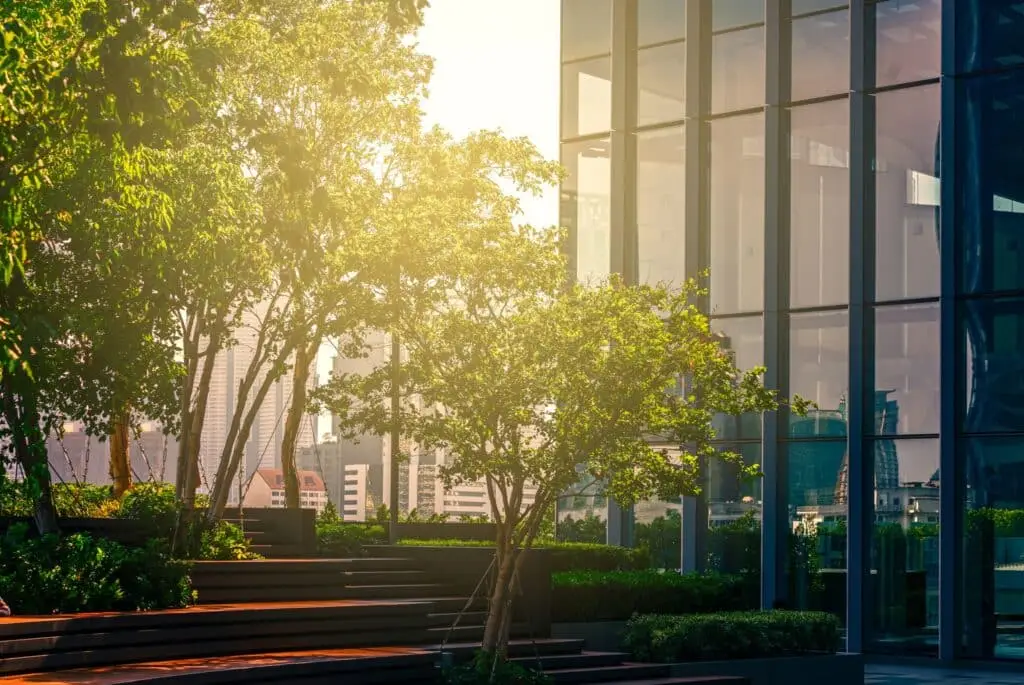
For more information or to request a free estimate, visit their website at https://myclaritycommercial.com/ or give us a call at (952) 370-224-2699.
Affiliations & Credentials: We are proud members of IREM, CCIM and MNCAR along with various professional organizations and hold relevant certifications in the real estate management field. Our affiliations and credentials demonstrate our commitment to excellence and our ongoing efforts to stay up-to-date with industry best practices.




